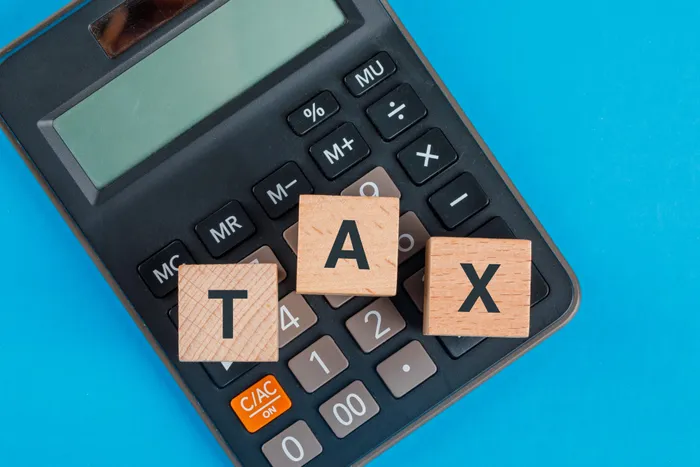Maximise your tax benefits this filing season in South Africa

Discover essential strategies to legally optimise your tax returns this season in South Africa. From updating your Sars details to maximising deductions, learn how to turn tax filing into a financial opportunity.
Image: Freepik
You know it’s tax season when there’s a rise in the old ‘death and taxes’ humour. But this year’s biggest clue has been the media hype around Sars’ artificial intelligence-driven tactics to enforce tax collections. The South African fiscus needs money, in a country where only 7.4 million (12%) of the population of 64 million pay personal income tax, while 28 million (44%) rely on social grants.
However, fearmongering isn’t helpful. I prefer to highlight the positives so taxpayers understand how to use SA’s tax mechanisms for their benefit. Whether you have an accountant, a tax practitioner, or file your own tax return, look out for the following points to legally reduce what you owe Sars, maximise refunds, and combat tax debt in 2025.
Take control of your finances
Sars is indeed increasing scrutiny and ramping up tax collection measures. But don’t panic. Tax season is an annual opportunity to assess your finances – a tool for getting your tax affairs in order. Go have a look at what you owe Sars; you may be surprised that Sars owes you money.
Get ahead of the curve
Firstly, update your details on Sars’ eFiling system to avoid penalties. Your email address, phone, and banking details must be accurate, so Sars can communicate with you. This will also enable access to the auto-assessment feature and the new express filing tool, which is a pre-filled tax return based on third-party data (from your employer, bank, and medical aid).
Check before you click
Don’t simply accept your auto-assessment without verifying it. Sars might not 100% accurately capture tax complexities, such as rental income, side-hustles, and other sources of income or expenditure. Even where discrepancies are due to missing third-party data, you are liable and may face penalties later. Therefore, check everything carefully. If you’re unhappy with the auto-assessment, click on ‘request amendment’ and submit the corrections via eFiling.
Reduce liability, maximise refunds
Whether you're an individual or a corporation, there are ways to reduce your tax liability and maximise the amount you get back. As an SA tax resident, you must declare every income stream, even those from cryptocurrency or expat earnings already taxed overseas. But after declaring all your income, you can apply tax deductions, exemptions, and credits. Naidoo recommends claiming for medical expenses, retirement annuity contributions, charitable donations (with s18A certificates), home office and travel expenses, as well as tax-free savings accounts or capital gains tax.
Be meticulous
It is crucial to retain all relevant documentation, including receipts, statements, and records of expenses, exemptions, and tax credits. It doesn’t matter how and where you file these, as long as you keep them for five years. Sars often requests back-dated documentation, so make sure you have the paperwork to prove your filing was compliant.
Combat tax debt
Should you owe Sars money, don’t overextend yourself to settle it. Taxpayers have legal recourse to avoid sinking further into debt. You can, for example, negotiate to reduce the amount owed or defer payments to ease your cash flow. Or, if Sars’ assessment is incorrect, you can submit a suspension of payment to stop them from attaching or freezing your bank account while you challenge it. And, if all fails, there’s mediation to settle a dispute cost-effectively.
Ideally, you should take proactive, legal steps before Sars comes knocking. If you’re smart about it, you can still turn this tax season from a compliance burden into a financial opportunity.
* Naidoo is the head of global strategy at Latita Africa.
PERSONAL FINANCE